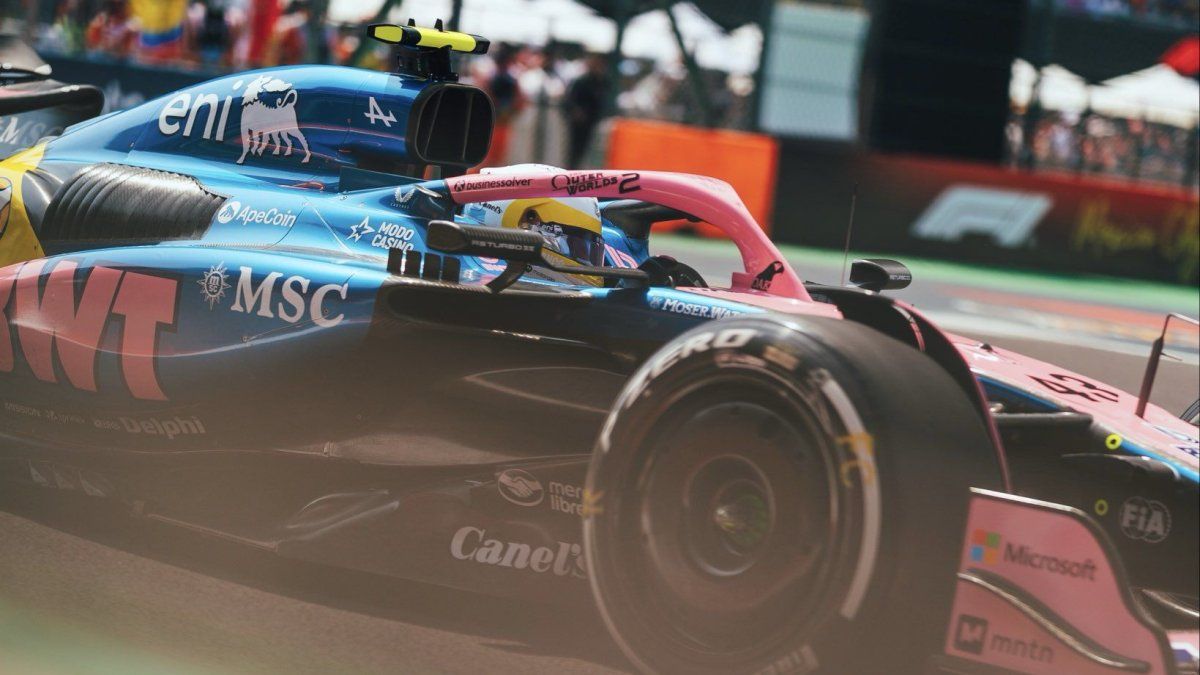For the first time since the beginning of the corona pandemic, the rich and powerful are meeting again in the snow of Davos. But the absolute superstar is missing in the program. Has the World Economic Forum Obsolete?
US President Joe Biden has canceled, Chinese head of state and government Xi Jinping is sending a deputy, and dazzling CEO Elon Musk finds it absolutely boring (“boring as fuck”). After all – the founder of the World Economic Forum (WEF), Klaus Schwab, can still rely on the winter weather: Shortly before the start of the WEF annual conference in Davos, the small Swiss alpine town disappeared again under a blanket of snow.
Even if one can expect boots and fur coats in Davos again, the gathering of the rich and powerful seems to have lost some of its luster in recent years. Before the corona pandemic, the visit of then US President Donald Trump was electrifying – and his meeting with climate activist Greta Thunberg. In 2017, the Chinese Xi gave a well-received speech for free world trade in the Swiss mountains. This time the organizers announce a record participation, but without superstars.
Chancellor Olaf Scholz is almost the most renowned name in the WEF program. A total of 50 heads of state and government have been announced, from the South African Cyril Ramaphosa to the Spaniard Pedro Sánchez. For security reasons, it remained secret until shortly before the event whether Ukrainian President Volodymyr Zelenskyy wanted to be involved again or even travel himself this time.
Ukraine war probably again in focus
A total of almost 2,700 participants from politics, business and society want to discuss solutions to international problems at the meeting until Friday. As in the previous year, the focus will probably be on the war in Ukraine and its effects on the global economy.
Schwab spans a wide arc: The world is currently caught in crises, he said before the conference began. Davos should help that she doesn’t get caught up in it. But there are only solutions if governments, business and organizations work together. This is also the aim of the motto of this year’s conference: “Cooperation in a fragmented world”
The global economy is under enormous pressure from the Ukraine war: energy crisis, high inflation, disrupted supply chains. The corona pandemic in China. “Economic, environmental, social and geopolitical crises are converging to create an extremely unpredictable and uncertain future,” Schwab says.
1. Inflation and looming recession
Rising inflation rates are putting pressure on politicians and the economy. At the WEF, Finance Minister Christian Lindner is therefore discussing the rise in the cost of living, and Economics Minister Robert Habeck is discussing the revival of trade, growth and investment. There are podiums on the looming recession and the future of monetary policy. The 56 participating finance ministers, 30 trade ministers and 19 central bank heads give hope for debates about the controversial subsidy program for US companies (“Inflation Reduction Act”).
2. Energy and food crisis versus climate protection
Both topics are well represented in the program – and above all there is the question of whether climate protection is not falling behind more and more in view of the gas shortage, the revival of coal-fired power plants and the nuclear debate. The annual conference itself wants to be climate-neutral and calls for people to travel by train – but Greenpeace already feared a fleet of private jets in the Swiss Alps.
3. Geopolitics
Numerous podiums in Davos will determine the future of the Ukraine and the second year of the Russian war of aggression, which will soon begin. The Ukrainian delegation is expected to again solicit support for reconstruction. NATO Secretary General Jens Stoltenberg will also speak. And former US Secretary of State Henry Kissinger, 99 years old, presents “historical perspectives on the war”.
4. Labor market and skills shortage
How do we work in the post-corona world? Several panels are also dedicated to this question in Davos. It’s about fair wages, the success of four-day weeks, a global minimum wage and the phenomenon of “quiet quitting”, which is a buzzword in the working world for employees only doing as much at work as contractually stipulated and is rewarded.
The World Economic Forum has always been a place of exchange for advocates of growing world trade and open markets – both of which have not been running smoothly since the beginning of the corona pandemic. Has the focus shifted? Star investor George Soros, actually a much celebrated regular guest in Davos, is traveling to the Munich Security Conference this year instead.
Source: Stern
Jane Stock is a technology author, who has written for 24 Hours World. She writes about the latest in technology news and trends, and is always on the lookout for new and innovative ways to improve his audience’s experience.




